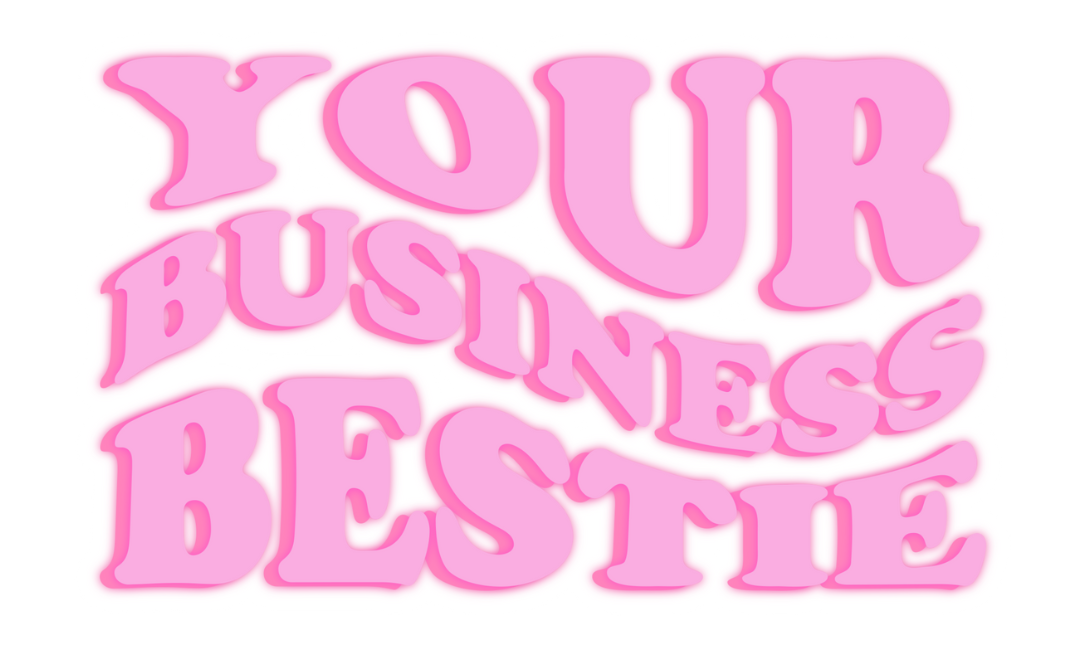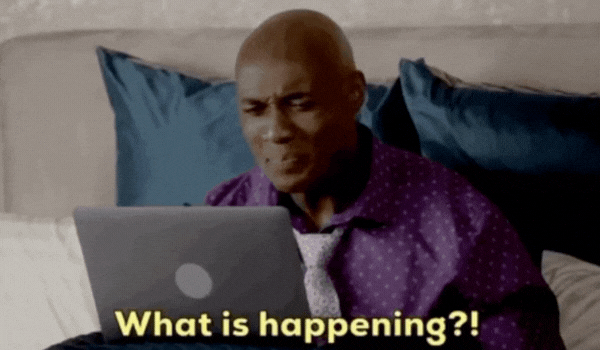The Dunning-Kruger Effect in the Online space
Why Does Everyone Think They're a Business Guru?
If you've ever scrolled through Instagram and found yourself questioning "Wait... how is she charging $50K for that?" or "Why does this ad from some 22-year-old life coach make me feel like I'm behind in life?" — you're not alone. We are in the age of overconfidence, and it’s time we talk about the psychological reason behind it: the Dunning-Kruger Effect.
What Is the Dunning-Kruger Effect, Anyway?
The Dunning-Kruger effect is a cognitive bias discovered in 1999 by psychologists David Dunning and Justin Kruger. Simply put, it means that people with limited knowledge or skill often overestimate their abilities, while those who are truly competent tend to undervalue their expertise.
Here’s what that looks like in real life:
A brand-new entrepreneur buys a $555 course and suddenly believes they're qualified to coach others on scaling to 6-figures.
Meanwhile, a seasoned service provider with 10+ years of experience is still double-checking their work, quietly showing up and doing the damn thing—without screaming about it on TikTok.
This isn’t just theory—it’s backed by science. In their original paper, Dunning and Kruger found that people who scored in the lowest percentiles on tests of logic, grammar, and humor consistently rated their abilities far above average, while top performers underestimated their own capabilities…
The Rise of Digital “Experts”
Now let’s apply this to the online space circa 2025. The barrier to entry for becoming a coach, consultant, or “digital marketing expert” is low. All you need is WiFi, Canva, and a Stripe account. And while that democratization is amazing in many ways (hello, more access!), it’s also created a flood of under-qualified people presenting themselves as experts.
You’ve probably seen:
Copywriters who’ve never studied persuasion or psychology.
Social media managers who’ve never managed more than their own account.
Business coaches whose only business is… coaching other people to become coaches. (Yes, that circular pyramid is real.)
The real kicker? These same people often have the loudest voices.
They show up confidently, speak in absolutes, and package their minimal experience into high-ticket offers. Meanwhile, truly skilled professionals are quietly doing deep work, consistently delivering results, and often doubting whether they’re “doing enough.” (Raise your hand if this is YOU!)
This Is Why Confidence ≠ Competence
According to Harvard Business Review, people tend to conflate confidence with competence, especially in leadership and entrepreneurial spaces. This creates a dangerous feedback loop where the most self-assured voices get the most attention—even when their advice is trash.
It’s not just annoying—it can be harmful. Small business owners invest time, energy, and money into programs or services led by people who don’t actually know what they’re doing. And when those promises fall flat? The client often blames themselves for not getting results.
So What Can You Do?
I want you to flip the script:
🧠 If you're new:
Stay curious. Stay humble. Learn deeply before you teach loudly. Don’t confuse confidence with mastery—it takes time.
🔥 If you're experienced:
Own your expertise. You’re not “too boring” or “too behind” just because you’re not shouting about your success. The world needs more grounded leaders.
💬 For everyone:
Ask questions. Vet people’s experience. Look for substance, not just inflated money claims.
The Dunning-Kruger Effect Is Alive and Thriving Online…
This phenomenon isn’t new—but social media has amplified it.
We’re now watching the most inexperienced people present themselves as the most credible, while truly talented service providers sit in silence, second-guessing their worth.
Let this be your reminder that real skill doesn’t always look flashy, and flashy doesn’t always mean qualified.
So the next time someone tries to sell you a $10K “business accelerator” and can’t explain what a KPI is? Just smile and say, “Thanks, but I think I’ll pass.”
Have a first hand account of the Dunning Kruger effect taking place IRL… drop it in the comments. Guaranteed you’re not the only one. One look through the Life Coach Snark subreddit and you’ll see that stories of this taking place are abundant!
Citation: Dunning, D., & Kruger, J. (1999). Unskilled and unaware of it: How difficulties in recognizing one's own incompetence lead to inflated self-assessments. Journal of Personality and Social Psychology, 77(6), 1121–1134.




